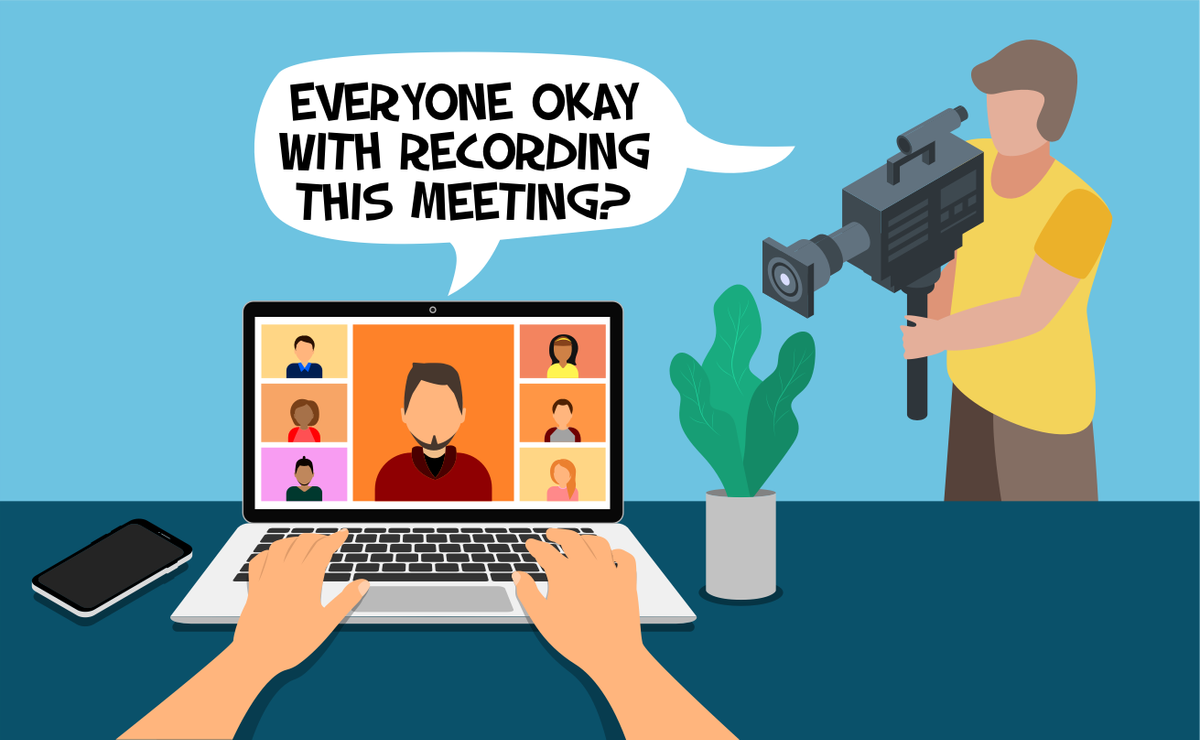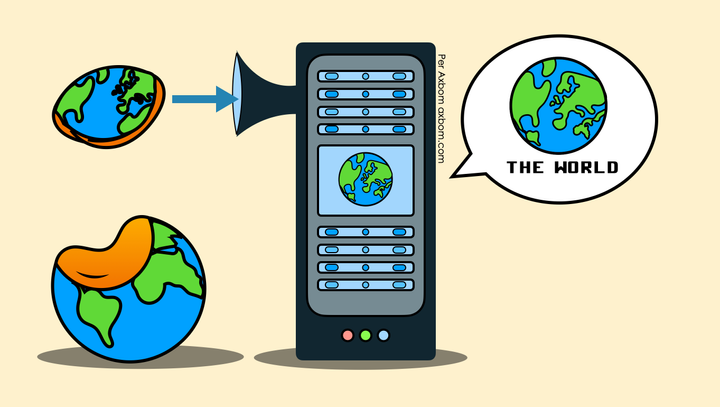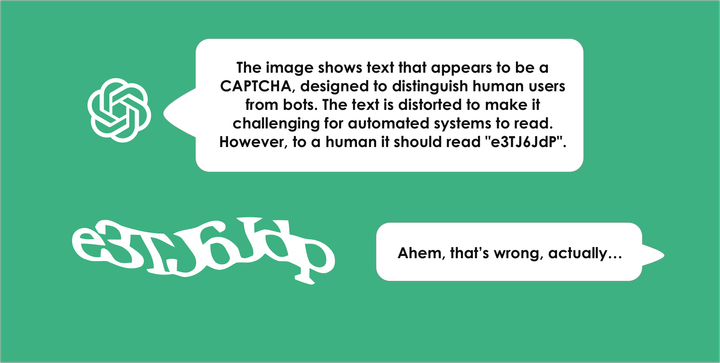Consent for recording meetings
Things to keep in mind when recording digital meetings. Consent is often requested far too late.

Asking if it is okay to record when everyone is already in the meeting does not provide basis for a well-founded consent. Requiring someone to raise their voice in a situation with a clear risk of peer pressure is not a context that gives power to those who need to opt out.
Always strive to request recording consent before a meeting takes place. This ensures that people who want to object do not risk ending up vulnerable in a situation where their position is judged or questioned by others.
In fact, consent may very well be a good idea even if the meeting is not intended to be recorded, in case a participant suddenly asks: "Can we record this?"
Not just yes and no
A recording consent does not have to be just about yes and no. It can also be, for example, "yes, if there is no requirement to have the camera on", and so on. Here are some examples:
- No, under no circumstances is it okay to record.
- Yes, it is okay to record but only without a simultaneous requirement for active participation.
- It is okay to record the guest lecture but not the subsequent question and answer session.
So much is recorded today without any clear guidance or coherent plan. Keep in mind, for example, that it would be quite possible to split a meeting into one part that is recorded and another that isn't. Something that could potentially help more people feel at ease.
Variants of recording and distribution
There are of course many different ways of thinking about what is recorded, as well as what is distributed. Here are more examples:
- Record instructions from the facilitator, manager etceteras, but do not record group presentations. So again: planning for only part of the meeting.
- Record audio only, not video. Many tools do not offer this option, but the intent could also be expressed as simply converting to and publishing audio, and discarding the original video imagery.
- Record for your own needs for the purpose of summarizing, but do not make it available to the participants. Delete within a couple of weeks. I often encourage a moderator to record a short summary of a longer meeting. Instead of 30 people spending an hour each looking back through a recording (takes 30 hours) it may be enough for 30 people to watch a 10 minute summary (takes 5 hours).
Consider and think through needs, power structures, vulnerability and inclusion before you risk normalizing something that can lead to people feeling uncomfortable, unwilling to participate or unwilling to contribute.
And when recording, I suggest appointing a dedicated caretaker who understands, thinks about, and can articulate these issues. It should also be made clear where recordings are saved and for how long.
A useful thought experiment is to reflect on a situation with a physical film camera in every room in the office that could be turned on at any time. Is this an obvious and desirable future?
What I am hoping for is, as per usual, a little more Digital Compassion ❤️
P.S. I also want to take a moment to remind everyone that consent is not something you ask for once and for all future time, but is something you renew regularly.
Related issues
There are a couple of systemic issues within the realm of digitalisation that are related to this topic as well.
- Recording requires more resources. Processors need to work harder, more storage space is needed and more power is also used by everyone watching back. Recording meetings has externalities, costs related to enviromental impact. These costs should ideally be taken into account when considering if recording is worth it.
- Biometric data is in high demand for creating new types of immersive experiences that mimick human behavior and movement patterns. Worst-case all these troves of stored video can be misused, targeted and scanned to ultimately produce deepfake material using the likeness from innocent individuals. This likelihood of this risk is hard to assess but should not simply be ignored. It is one reason recorded material needs to be kept very secure.
This is always a good reminder from Sarah Jamie Lewis on Twitter:
Begging people to understand that given:
1) "We will not hand over data we collect"
2) "We cannot hand over data because we automatically delete it"
3) "We cannot hand over data because we never had it in the first place"
Only (3) is actually secure against a state.




Comment